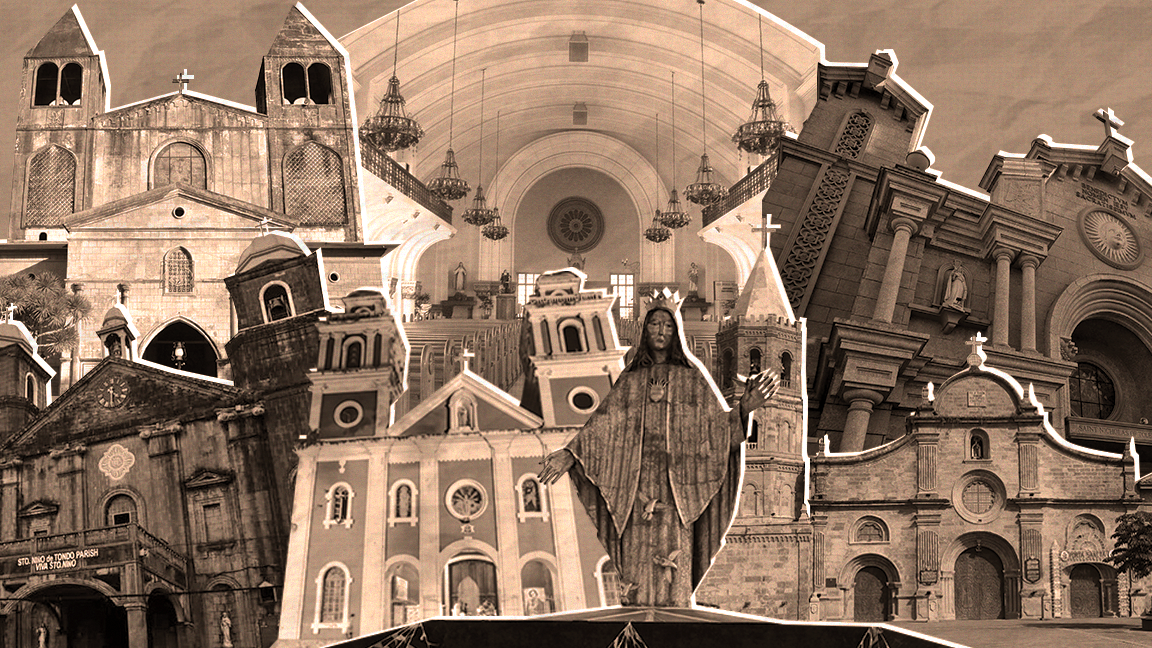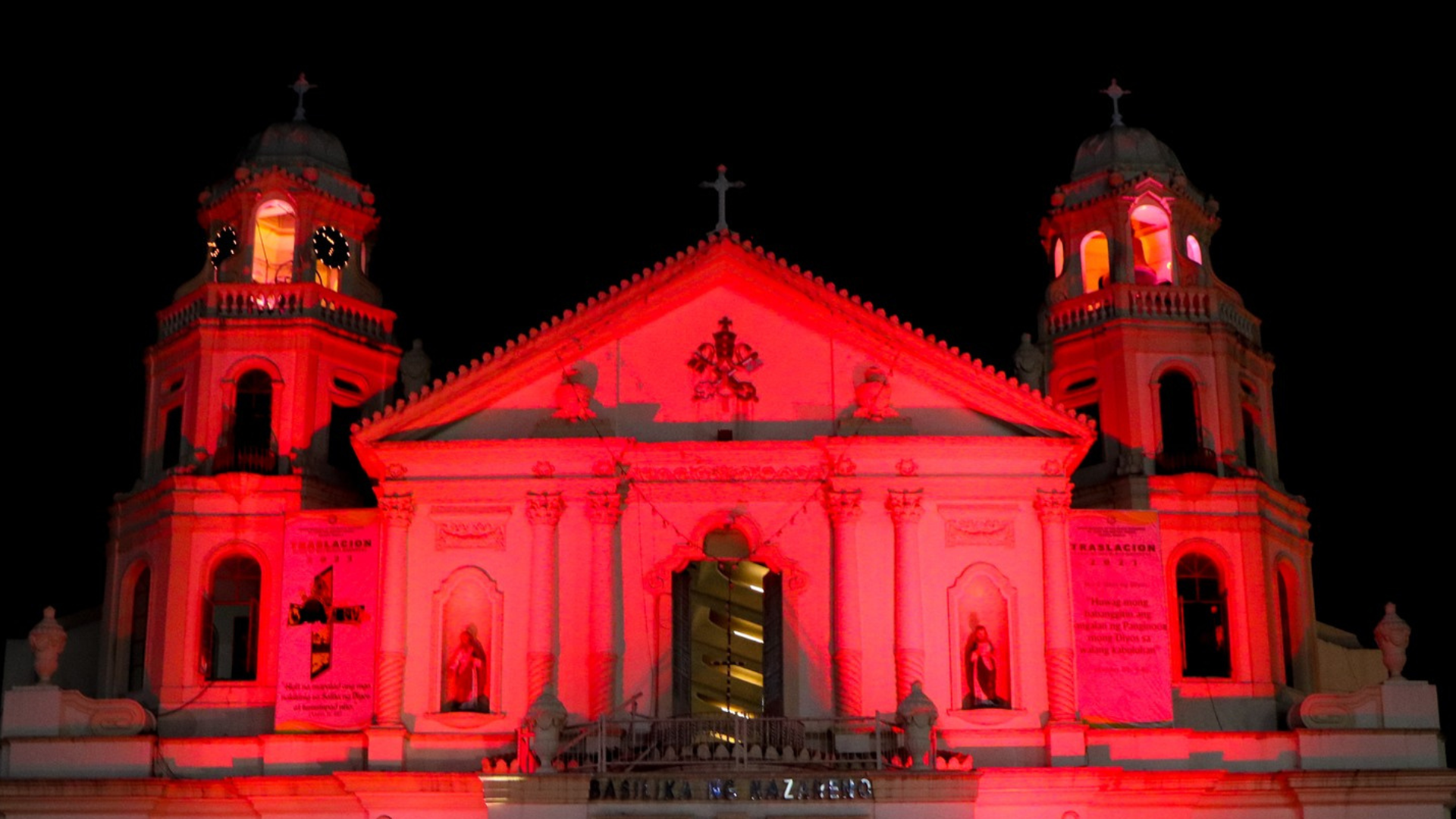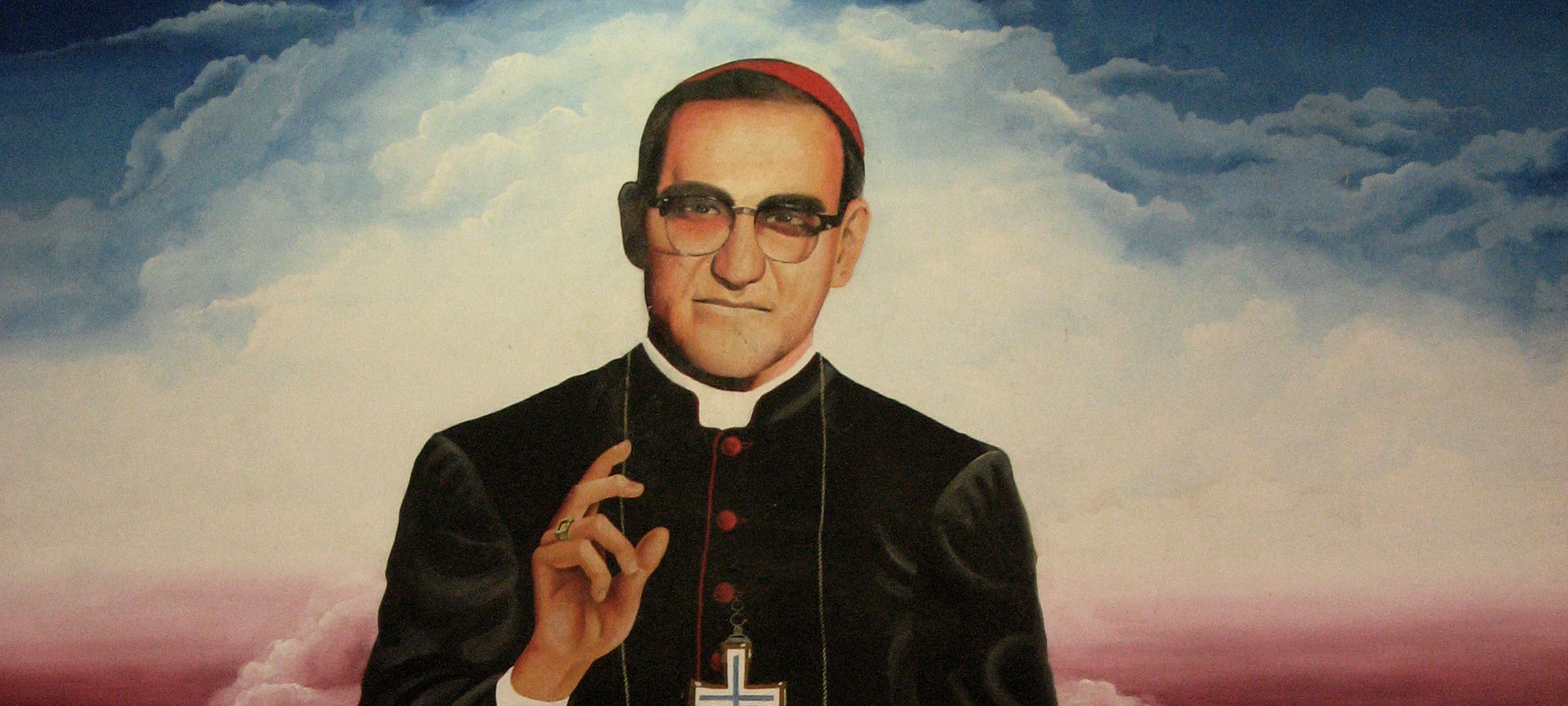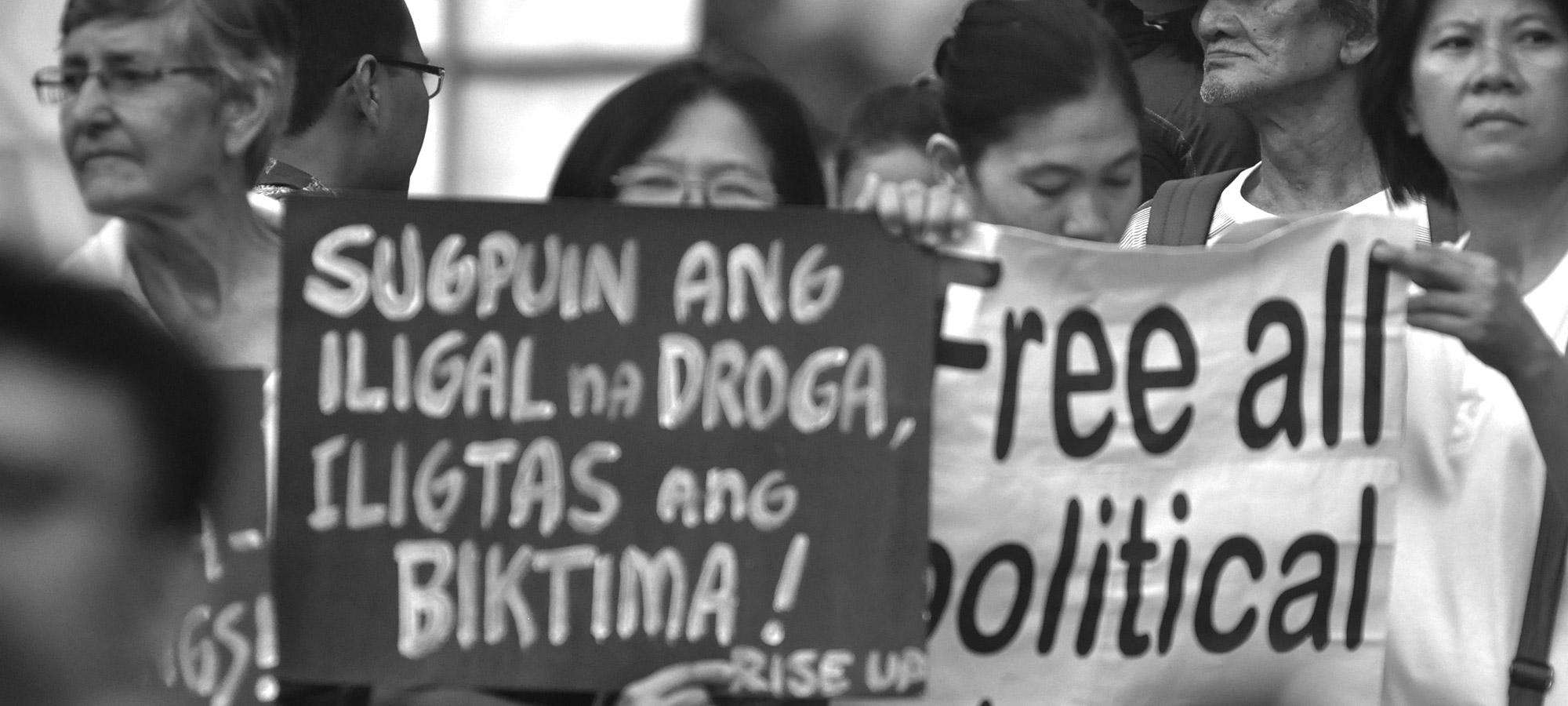From pulpit to people | Church leaders in forefront of #StopLumadKillings campaign
Religious leaders and the faithful from different Church denominations have united in the call to come down from the pulpit and be with the people and their struggles. Find out why.
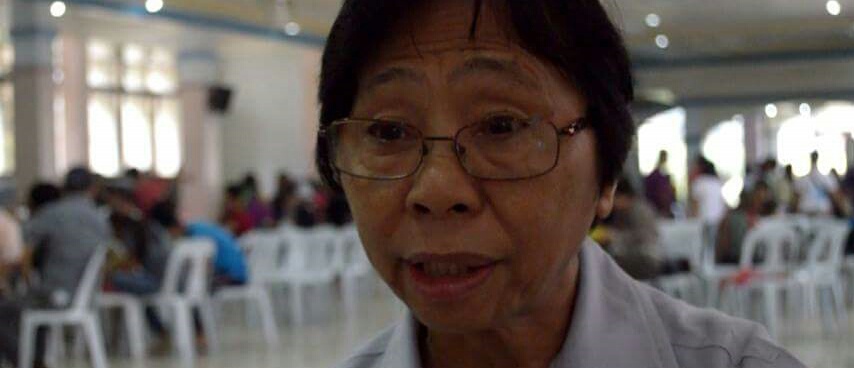

The past few months saw an outpouring of support from different religious groups for the campaign to #StopLumadKillings.
Luis Antonio Cardinal Tagle himself expressed solidarity by visiting the kampuhan in Liwasang Bonifacio and calling on the Aquino government to pull out its military from Lumad ancestral lands. We also saw the Baclaran Redemptorist Church welcoming the entourage of Manilakbayan delegates inside the church gates when they were evicted from Liwasang Bonifacio because of the Asia-Pacific Economic Cooperation (APEC) Economic Leaders’ Meeting.
Religious groups from Mindanao are also active in assisting the Lumad who were displaced by the continuing militarization in their lands. Along with other sectoral groups, the religious sector have immersed themselves into the struggles of the poor and marginalized.
This is not a new phenomenon, of course. Church leaders and believers, in different ways, have oten sided with people’s struggles. But in the light of the Roman Catholic Church’s Pope Francis’ avowed commitment to advocate for the marginalized peoples of the world amid times of seemingly waning influence and revelance of Christian churches in the lives of majority of the world’s peoples, the role of the religious have taken utmost importance in the world today.

Two church leaders—and why they get involved
“As what Jesus Christ said, if you want to prove your love of God and that you serve him true, you must help the pitiful.”
Thus said Bishop Romeo Tagud of Iglesia Filipina Independiente (IFI). He believed that their pastoral responsibility is not only limited within the walls of the Church. Last October, together with other religious leaders from different groups, Bishop Tagud joined the delegation for the International Fact Finding Mission in Surigao del Sur, which is a people’s initiative to probe on the recent killings of Lumad leaders in that province of Mindanao.
The IFFM delegation conducted ocular visits to the ancestral lands of the displaced Lumad and interviewed the victims in the evacuation centers. They were able to document several human rights violations allegedly committed by the paramilitary forces under the Armed Forces of the Philippines (AFP).
“With our own eyes, we saw that there is a clear violation of the sacredness of life and human rights of our lumad brothers,” he said. He added that the church should help in spreading awareness of the plight of the lumad in Mindanao and work together for a solution.
Meanwhile, Catholic nuns have also been active in the campaign for the rights of indigenous people. They said they have been inspired and challenged by the words of the Pope who asked the religious around the world to be “shepherds living with the smell of the sheep.”
The Pope said that priests should “put their skin and own heart on the line” to show that they are not just concerned with their own congregation but are also a fisher of men.
The Pope’s words strengthened Sister Ma. Luz Malio’s conviction that the real people of God will not only seek to help the poor but will make an effort to join their fight for their struggles–to smell like sheep. Sister Luz is the executive secretary of Sisters Association in Mindanao (Samin) which engages in different missions to assist the needs of farmers, workers, women and children, especially the lumad since the group is based in Mindanao.
Sister Luz believes that the church should help with the needs of the people beyond spiritual aspects. “A person is not only spritual. He is a human being with different needs like psychological, physical, mental, social, and emotional,” she explained.
“Ever since, the lumad are peace-loving people. They are only occupying a small portion of the land but it is still being taken away from them,” Sister Luz said in response to the issue of killings of the lumad leaders in Mindanao. She criticized the rapid growth of large-scale mining corporations in Caraga Region and added that wherever there is rich natural resources, conflict follows just like the case of the Lumad.
From the pulpit to the people
The religious delegation of the IFFM went on to condemn the Aquino government for not “hitting the problem at its core.” Months have passed since arrest warrants were issued for the seizure of the perpetrators but results have been scarce.
Both Bishop Tagud and Sister Luz believed that the Aquino government is doing something about the Lumad crisis in Mindanao, but they said those actions are clearly “not enough.” Bishop Tagud deemed the actions a mere “band-aid remedy” to resolve the Lumad issue.
Echoing the Lumad people’s demands, the Bishop said that the military must leave the ancestral lands so that the Lumad can come back without fearing for their safety.
The evacuees complained that the military are villifying their schools, calling them “NPA-breeding grounds” while red-tagging their leaders. This has brought fear to the community and forced them to leave their lands and endure life in evacuation centers.
The mission’s religious delegation emphasized that all of us have to show solidarity with the oppressed people in order to pressure the government to perform its sworn responsibility of protecting the people.
“They are also [people] loved by God as much as God loves all of us,” explained Sister Luz.

